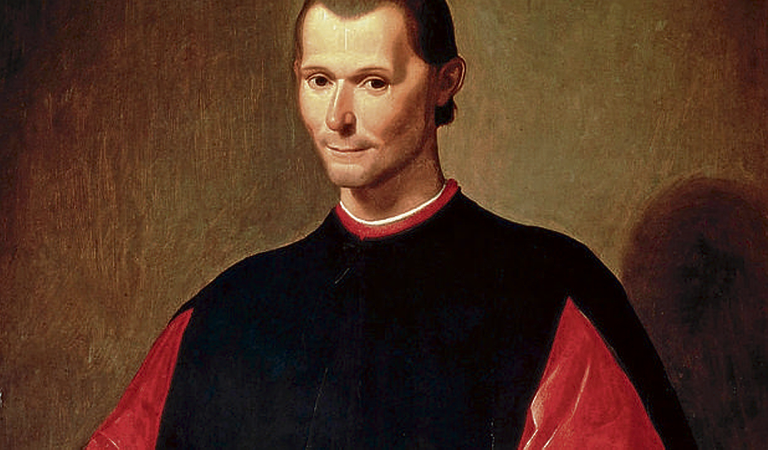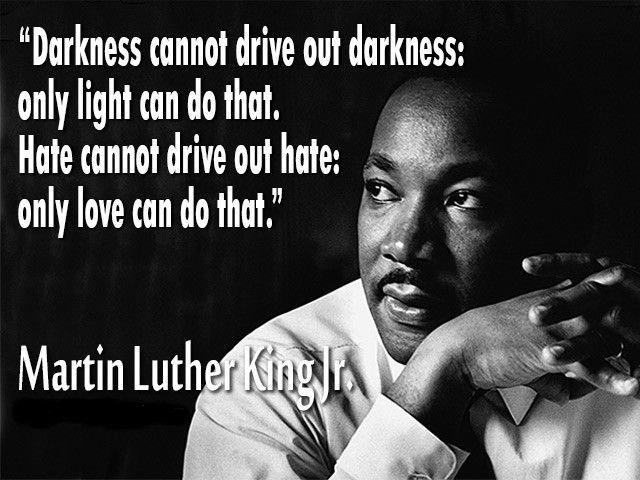
I made another post to share with you, on this occasion, a reflection on power.
It is very fashionable that books that currently give you the keys to how to improve your happiness, your relationship, your business or how to be the perfect host at all parties.
All these things have a point in common and that everything has to do with the power that I have and how I manage it with others or in the results I get from how I manage power in my life.
A philosopher, diplomat, politician and adviser to important rulers in the Italy of the fourteenth century, and wrote a book that involved a practical and pragmatic approach to the idea of governing, to obtain and maintain power to everything. This book, well known is The Prince and its author Nicolás de Machiavelli.

In this work, Machiavelli, gut how power is and surprisingly it seems that this concept has not evolved much over time.
His work teaches us that power has a price and the ways of administering it determine its durability. Today, in the middle of a crisis of discredit to politics, it seems strange that he did not dedicate any of his chapters specifically to corruption. However, a reading between the lines makes us see that corruption plans on all its proposal since it points out that virtue is in front of the reason of State.
"The one who obtains sovereignty with the help of the great ones stays in it with more difficulty than the one who gets it with the people, because, since he is a prince, he is surrounded by many people who consider themselves equal to him, not You can send and manage them at your discretion. But he who obtains sovereignty with the help of the people finds himself alone in his exaltation and, among those around him, he finds none, or he finds very few who are not ready to obey him. On the other hand, it is difficult, with decorum and without harming others, to satisfy the wishes of the great. But the people are easily satisfied, because the wishes of the people have a more honorable purpose than that of the big ones in view of the fact that the big ones want to oppress, the people only want not to be oppressed." Machiavelli, N; The Prince.
However, in the development of his book we find other more practical and less theoretical advice about governing with a level that is between affable fear and cold courtesy. Since if a politician governs in absolute terror, it will be easy for a group that tries to overthrow him to be created since "there is nothing more to lose than life". On the other hand, if it governs affably, so close. Any enemy to the power will find easy to usurp the throne by means of its murder or the revolt of an aggressive group.
In addition, it also recommends the murder of the rebel family instead of dispossessing their property because the death of those closest to them is more easily forgotten than the expropriation of people's property.

Posted from my blog with SteemPress : http://fernax77blog.rf.gd/what-is-the-power/